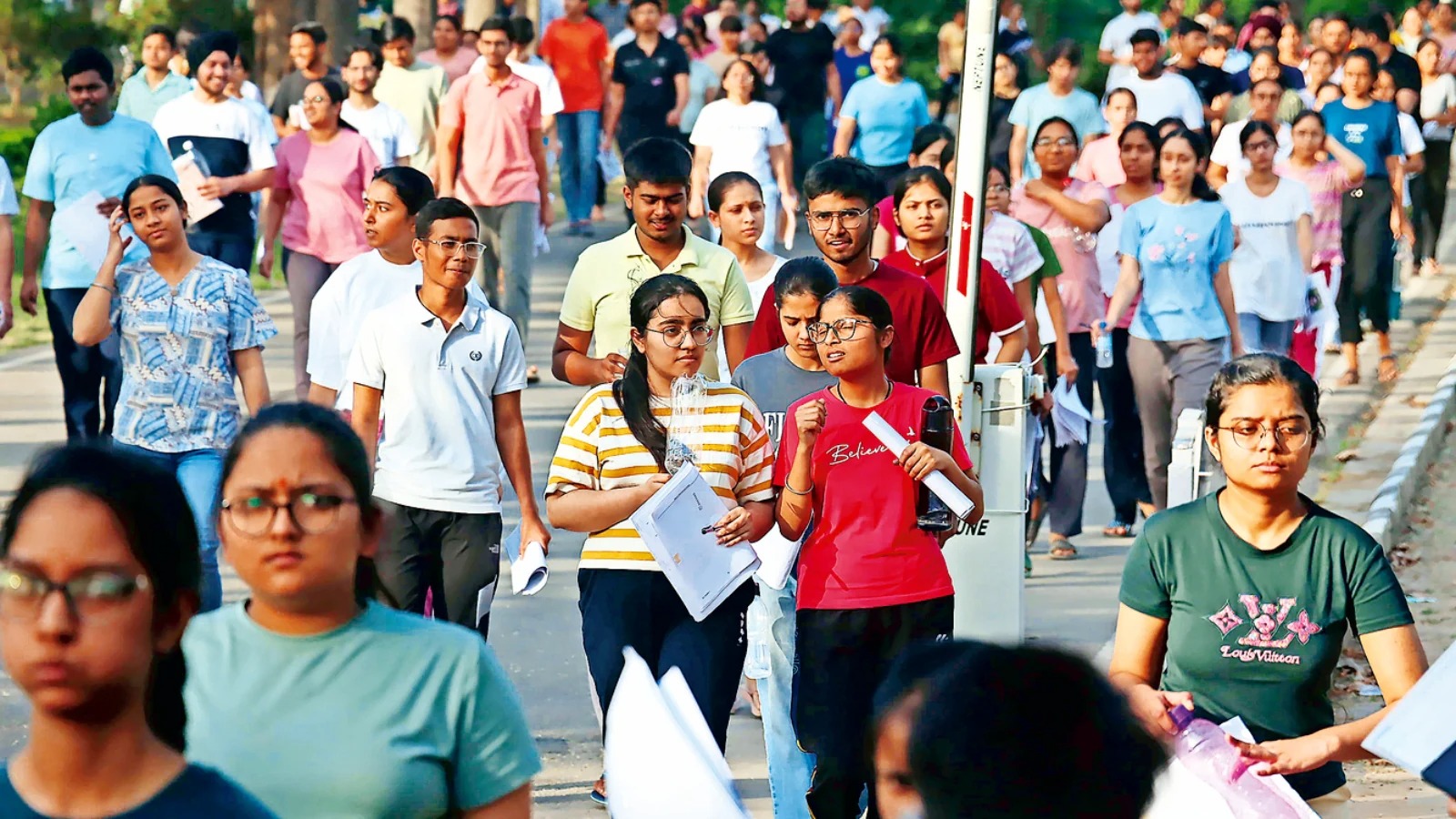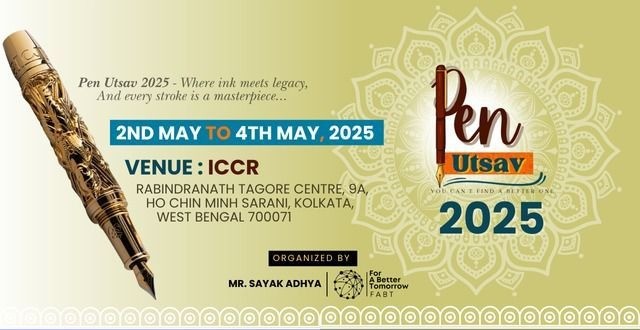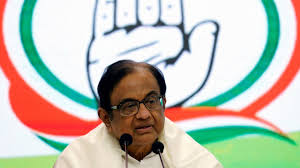 Image Source: The Indian Express
Image Source: The Indian Express
More than 22.7 lakh candidates in India are sitting for the NEET-UG 2025 examination today, which is one of the country's biggest and most closely regulated entry tests. The examination this year follows the paper leak controversy of last year, leading the authorities to enforce strict security measures and new legal protocols to conduct a transparent and honest process.
Exam Scale and Logistics
The examination is being held at 5,453 centers in more than 500 cities, including 13 overseas locations, between 2 pm and 5 pm in pen-and-paper mode.
The majority of the centers are in government and government-aided schools, colleges, and universities to ensure easier control and infrastructure.
The number of centers has gone up by nearly 700 from last year, despite the registration coming down marginally from 24 lakh to 22.7 lakh.
Improved Security and Surveillance
There is a three-level surveillance system with district, state, and central level monitoring to safeguard the integrity of the exam.
Mock drills were carried out at all centers on May 3 to check preparedness, including the operational readiness of mobile signal jammers, biometric verification, and frisking arrangements.
Drinking water, round-the-clock electricity, and first aid/ambulance facilities have been ensured at all centers by the authorities.
Strict Action Against Malpractice
This is the inaugural NEET-UG test after the Public Examinations (Prevention of Unfair Means) Act, 2024 came into force.
The Act imposes stringent punishment for cheating, including:
Imprisonment for up to 10 years and a fine of at least ₹1 crore for organized exam-related offenses.
Debarment from all NTA tests for a period of up to three years for candidates found guilty of using unfair means.
NTA has cautioned students against indulging in malpractice and advised them to use only official communications so as not to fall victims of misinformation and fraud.
Candidate Guidelines and Precautions
Students need to report to their centres prior to 1:30 pm with necessary documents: admit card, self-declaration form, postcard-size and passport-size photographs, and a valid photo ID (Aadhaar card preferably).
Electronic gadgets (mobile phones, calculators, smartwatches, Bluetooth devices) and any other paper except the admit card and photographs are not allowed.
Candidates are requested to sign the attendance sheet before the examiner and make sure all biometric processes are done as instructed.
Background and Context
The increased vigilance and reforms in the law come in the wake of last year's leak of NEET-UG papers, which caused widespread outrage and a government-formed panel led by ex-ISRO Chairman K Radhakrishnan to advise reforms in conducting transparent exams.
The authorities have also acted against bogus news and internet rumors, acting against Telegram groups and social media accounts circulating false information regarding the exam.
Relevant Sources: NDTV, Economic Times, India Today, Timesbull, Indian Express
Advertisement
Advertisement





